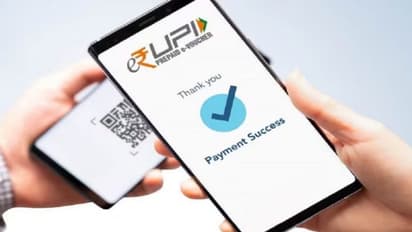Travelling abroad? Here's a step-by-step guide to activate UPI international payments

Synopsis
By enabling faster and more convenient transactions, UPI has significantly boosted the growth of e-commerce, online bill payments and digital subscriptions. This advancement has also empowered businesses to easily accept payments.
The Unified Payments Interface (UPI) has revolutionised India's digital ecosystem, changing the way individuals transact and manage their money. UPI has greatly accelerated the expansion of e-commerce, online bill payments, and digital subscriptions by making transactions quicker and more convenient. This technology has also given businesses the ability to simply take payments.
This real-time payment system enables users to transfer money effortlessly and immediately, and several nations have begun accepting payments via UPI applications in the last two years. Depending on the platform, UPI transactions for international transfers can be faster and less expensive than traditional wire transfers. They have the benefit of rapid and possibly cheaper transactions, principally because they simply require the recipient's UPI ID rather than disclosing extensive personal account information.
Currently, the Unified Payment Interface (UPI) services are available in Bhutan, Oman, Abu Dhabi, Nepal, France, Sri Lanka and Mauritius.
How to Activate UPI International Payments:
- Launch the PhonePe app and go to the home screen.
- Tap your profile photo in the top-left area of the screen.
- In the Payment Management section, select the UPI International option.
- Click the activate button next to the bank account you wish to use for international UPI payments.
- Enter your UPI PIN to confirm and finish the activation procedure.
Users should be aware of the limits on the amount of money that may be transmitted in a single transaction while conducting international transactions using UPI. Currently, the official maximum is Rs 2,00,000 per transaction. If a user wants to send an amount that exceeds this limit, they must utilise a direct bank account transfer rather than UPI.
Find the latest Technology News covering Smartphone Updates, AI (Artificial Intelligence) breakthroughs, and innovations in space exploration. Stay updated on gadgets, apps, and digital trends with expert reviews, product comparisons, and tech insights. Download the Asianet News Official App from the Android Play Store and iPhone App Store for everything shaping the future of technology.